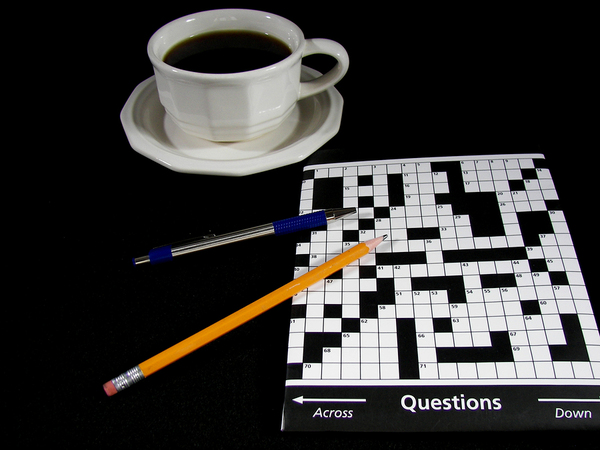
Keeping your brain fit may help to prevent cognitive decline and dementia as you age. Some simple changes can contribute to healthier mental functioning, without expending a great deal of effort.
Mental Fitness Can Be Fun
Just getting some gentle exercise and being more active can keep you more mentally sharp and alert. Think about it — you feel sluggish when you are too sedentary. It becomes harder and harder to get active again, the longer you go without some sort of activity.
The key to remaining physically active is to find out which activities you actually like doing. Some enjoy playing golf or walking around the neighborhood with a friend. Others enjoy bowling or taking their grandchildren to the park for play time. Any kind of activity works, as long as your doctor says your healthy enough for it.
Another fun activity that helps keep your brain sharp is doing puzzles or playing video games. It doesn’t matter if it’s Sudoku, a daily crossword, or some Xbox, working your brain on a regular basis will keep it in tip-top shape.
Activities that work your hands also work your brain. Knitting, needlework, model-building, and even using playdough with young grandkids counts. In fact, some studies have shown that those who babysit their grandchildren for at least one day a week are less likely to develop dementia than others the same age.

Rest Your Brain to Keep it Sharp
Overworking your brain is just as bad for it as not working it enough. Getting 7 to 9 hours of sleep each night has been shown to benefit mental sharpness, and a 20-minute nap in the afternoon also helps to consolidate memories and transfer them to long term memory.
Having rest periods between learning sessions also helps people remember more than trying to cram learning into a short time frame. Cramming may have gotten you through college finals, but it isn’t effective for your brain on an ongoing basis.
Paying Attention to Sensory Input
Using multiple senses when learning is more effective than using just one sense. Sometimes people don’t remember something because they didn’t really pay attention to it as it was happening. Making sure an experience registers on your consciousness means you will be much more likely to remember it in the future.
Continuing Education Helps Brain Fitness
Being a lifelong learner directly impacts your mental sharpness, Harvard Health says. You can always learn new things related to your job, your family, and other interests. Taking continuing education courses ensures that your learning will be facilitated by a trained leader and will take place in a community of people learning together.
Central Connecticut State University offers many continuing education courses targeted to both employment and to personal growth.
Join our mailing list to see all your opportunities to keep your brain fit and sharp.
